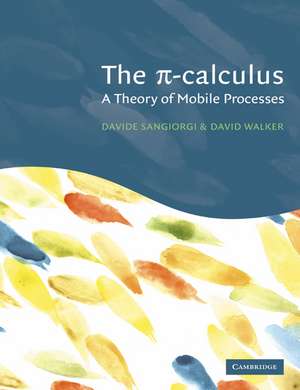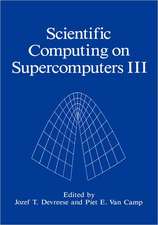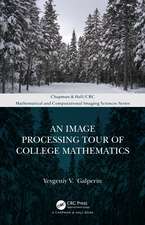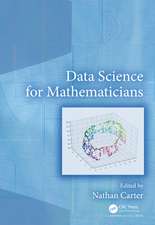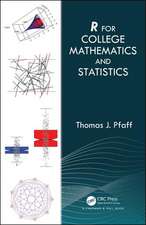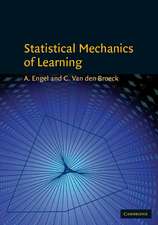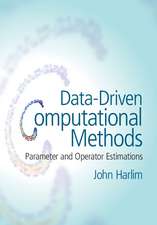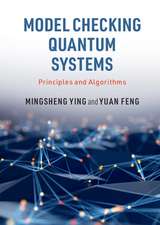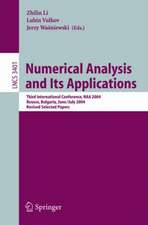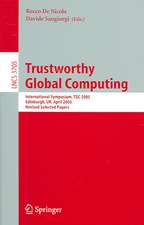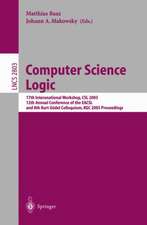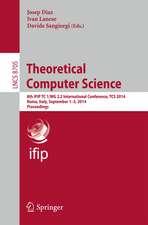The Pi-Calculus: A Theory of Mobile Processes
Autor Davide Sangiorgi, David Walkeren Limba Engleză Paperback – 15 oct 2003
Preț: 472.34 lei
Preț vechi: 590.43 lei
-20% Nou
Puncte Express: 709
Preț estimativ în valută:
90.38€ • 94.37$ • 74.80£
90.38€ • 94.37$ • 74.80£
Carte tipărită la comandă
Livrare economică 05-19 aprilie
Preluare comenzi: 021 569.72.76
Specificații
ISBN-13: 9780521543279
ISBN-10: 0521543274
Pagini: 596
Dimensiuni: 189 x 246 x 31 mm
Greutate: 1.05 kg
Ediția:Revised.
Editura: Cambridge University Press
Colecția Cambridge University Press
Locul publicării:Cambridge, United Kingdom
ISBN-10: 0521543274
Pagini: 596
Dimensiuni: 189 x 246 x 31 mm
Greutate: 1.05 kg
Ediția:Revised.
Editura: Cambridge University Press
Colecția Cambridge University Press
Locul publicării:Cambridge, United Kingdom
Cuprins
Preface; Introduction; Part I. The p-Calculus: 1. Processes; 2. Behavioural equivalence; Part II. Variations of the p-Calculus: 3. Polyadicity and recursion; 4. Behavioural equivalence, continued; 5. Subcalculi; Part III. Typed p-Calculi: 6. Foundations; 7. Subtyping; 8. Advanced type systems; Part IV. Reasoning about Processes Using Types: 9. Groundwork; 10. Behavioural effects of i/o types; 11. Techniques for advanced type systems; Part V. The Higher-Order Paradigm: 12. Higher-order p-calculus; 13. Comparing first-order and higher-order calculi; Part VI. Functions as Processes: 14. The l-calculus; 15. Interpreting l-calculi; 16. Interpreting typed l-calculi; 17. Full abstraction; 18. The local structure of the interpretations; Part VII. Objects and p-Calculus: 19. Semantic definition; 20. Applications; List of notations; Bibliography; Index.
Descriere
Graduate text on the p-calculus, a mathematical model of mobile computing systems.
